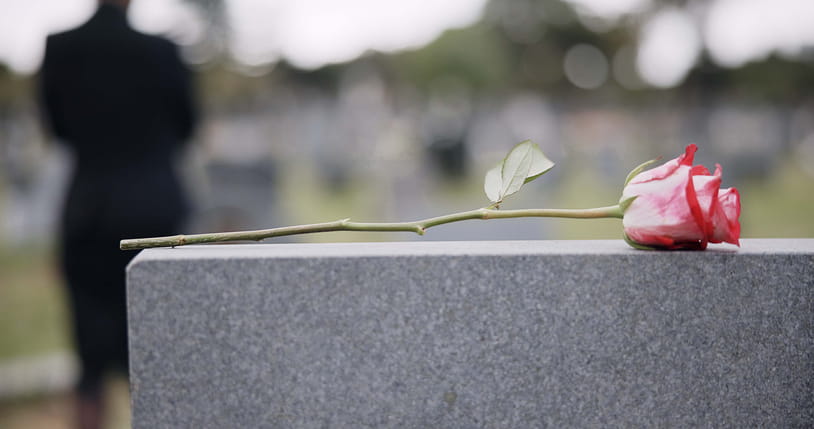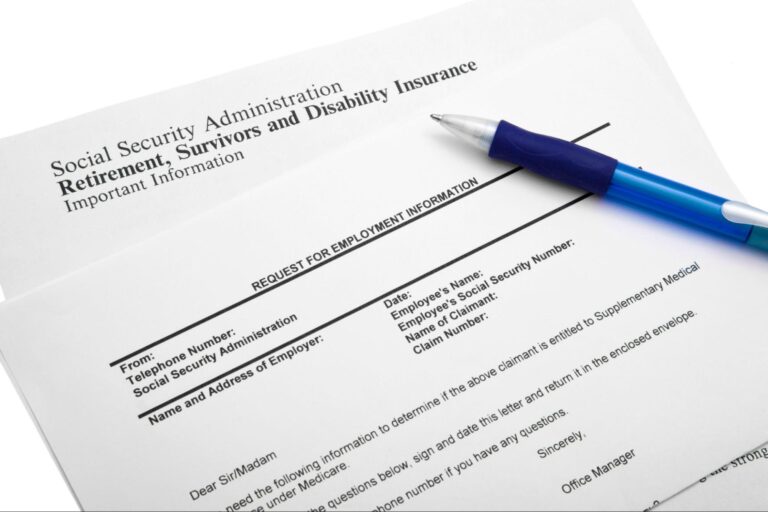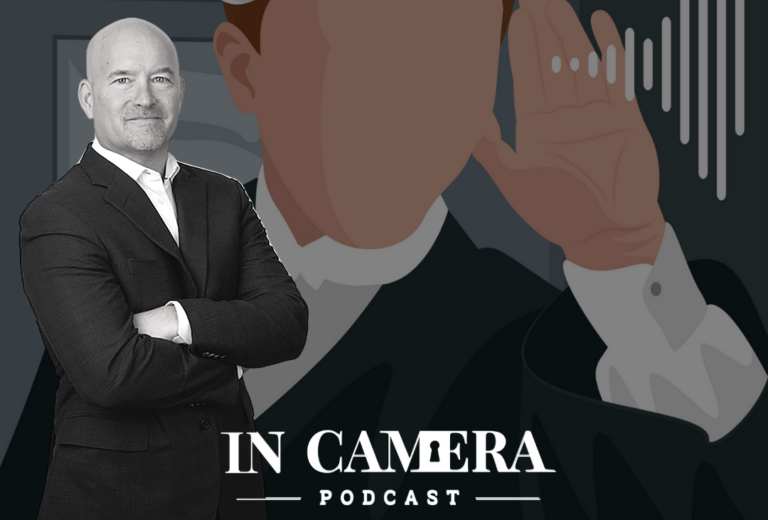Wrongful Death Examples: What Types Of Cases Can Lead To Compensation?

Losing a loved one is devastating. When you lose someone unexpectedly due to another person’s negligence or criminal actions, you may be able to get justice from the person responsible. A wrongful death attorney can confirm whether you can seek financial compensation. The information provided here explains the types of wrongful death cases, the reasons to consider seeking damages, and how to file a lawsuit after your loved one’s wrongful death.
What Is A Wrongful Death?
A wrongful death is a death occurring as a result of unintentional and intentional acts. If a person’s negligence causes an accident and someone dies, it’s a wrongful death. If a person commits a crime and someone dies as a result of that criminal act, it’s a wrongful death.
Types Of Wrongful Death Cases
There are many types of wrongful death cases, including the following:
- Car accidents: Wrongful deaths from car accidents include unintentional actions due to someone’s negligence and criminal actions. For example, a person who ignores traffic signals and causes a fatal accident may face criminal charges and a civil lawsuit. A drunk driver may also face civil and criminal consequences.
- Criminal acts: You can win a wrongful death civil lawsuit for a death caused by a criminal action without a conviction in criminal court. Criminal acts causing wrongful deaths include the following:
- Assault
- Homicide
- Manslaughter
- Nursing home abuse
- Defective products: Unsafe products can cause severe injuries or death. The manufacturers or sellers may be liable for damages.
- Medical malpractice: Medical professionals must provide an acceptable standard of care to their patients. Medical professionals may be sued for medical malpractice if they do not provide an acceptable standard of care.
- Pedestrian: Pedestrians may be wrongful death victims if they’re hit by debris or a vehicle while walking.
- Worksite accidents: Work-related deaths may qualify as wrongful deaths, particularly if a person or company knew there was a risk of harm to employees and did not take steps to reduce the risk.
Who Can Take Legal Action For A Wrongful Death In Colorado?
State law determines who can seek compensation for a wrongful death and when. In Colorado, surviving family members and beneficiaries can take legal action. However, only the deceased person’s spouse can file a lawsuit during the first year following the person’s death.
A year after the person’s death, the following people can file a wrongful death lawsuit:
- Decedent’s beneficiary
- Decedent’s children
- Decedent’s spouse
Parents may be able to file a claim if the decedent wasn’t married and had no children.
How Long Do You Have To File A Wrongful Death Case?
The deadline for filing a wrongful death case is determined by the wrongful death statute of limitations. Colorado gives surviving family members and beneficiaries two years to initiate a lawsuit.
Types Of Compensation For A Wrongful Death
Surviving family members and beneficiaries may seek the following types of financial compensation for wrongful death:
- Monetary damages: Monetary damages reimburse claimants for expenses caused by the decedent’s death. These damages may include the following:
- Burial and funeral costs
- Childcare costs
- Home maintenance and house cleaning bills
- Lost income
- Medical bills
- Property damage costs
- Transportation costs
- Non-monetary damages: Non-monetary damages compensate victims for the personal impact of the decedent’s passing. Reasons for seeking non-monetary damages include the following:
- Anxiety
- Depression
- Grief
- Loss of consortium
- Loss of quality of life
- Pain and suffering
- Post-traumatic stress disorder
- Exemplary damages: Exemplary damages do not apply to all wrongful death cases. They are punitive damages. Family members and beneficiaries can seek these damages if the person responsible for the wrongful death deliberately caused the decedent’s wrongful death, or if their gross negligence caused the person’s death.
Proving Wrongful Death
A claimant must prove the following to win a personal injury lawsuit:
- Someone had a duty to prevent harm to others.
- That someone failed to perform their duty.
- That someone’s failure caused another harm.
- The harm the victim suffered has a cost.
Wrongful death lawsuits must meet the same standard of proof. To prove a wrongful death, you must establish that there was someone who was obligated to act in a manner that would not harm others, that they failed to act that way, their failure caused the decedent’s death, and the decedent’s beneficiaries have incurred costs due to the wrongful death.
Suppose a person dies in a car accident caused by a drunk driver. The claimant’s case must show that:
- The driver had an obligation to obey traffic laws.
- The driver did not obey traffic laws.
- The driver’s failure to obey traffic laws caused a fatal accident.
- The loss of the victim has imposed a financial and personal toll on the victim’s beneficiaries.
How A Wrongful Death Attorney Can Help
A wrongful death lawyer can investigate your case, gather the evidence needed to support your claim, and handle negotiations with the at-fault party’s insurance company. Bachus & Schanker understand the trauma of losing a loved one to a wrongful death. Attorney Kyle Bachus has first-hand experience with coping with the wrongful death of a loved one.
Our legal team has a Victim’s Advocate Group that provides emotional and practical support to our clients while our attorneys prepare your case and fight for you to receive compensation.
We’re here to answer your questions and provide the legal and practical support you need following your loved one’s passing.
Read Unthinkable By Kyle Bachus To Learn About Coping With A Loved One’s Wrongful Death.





